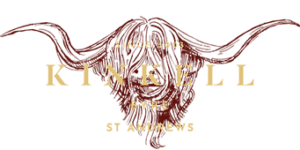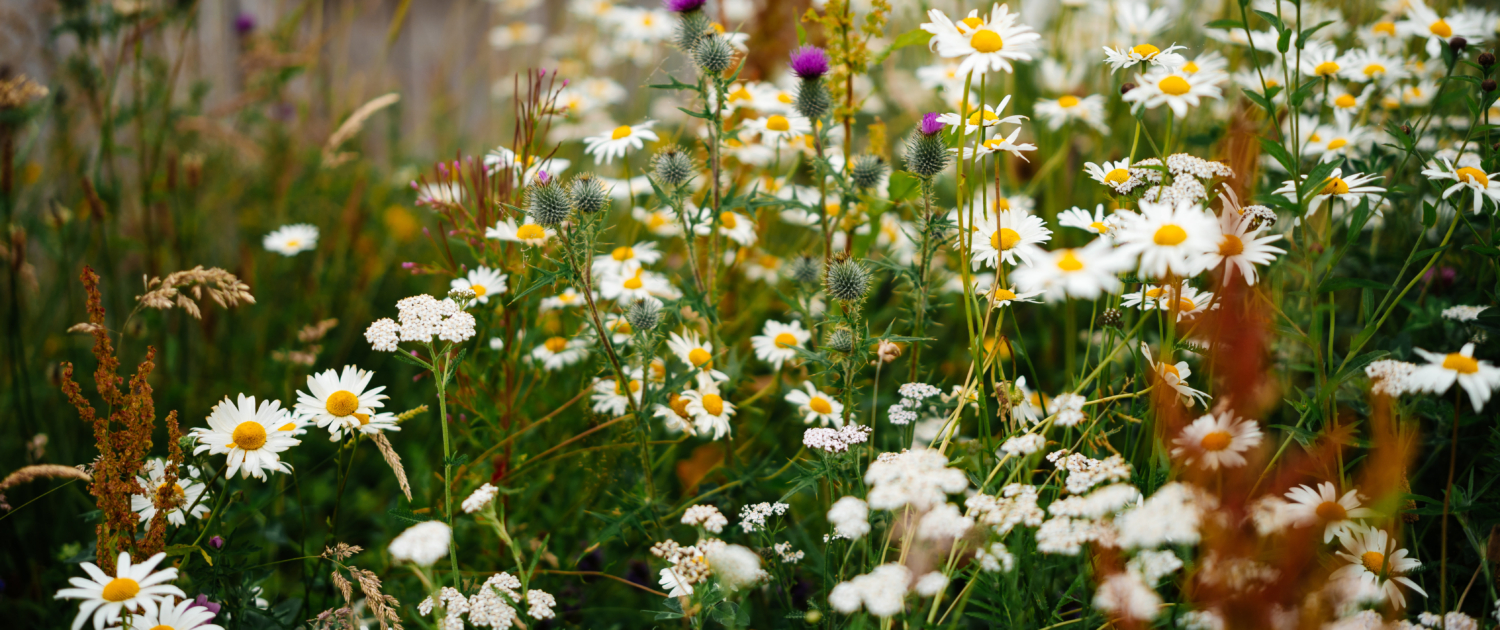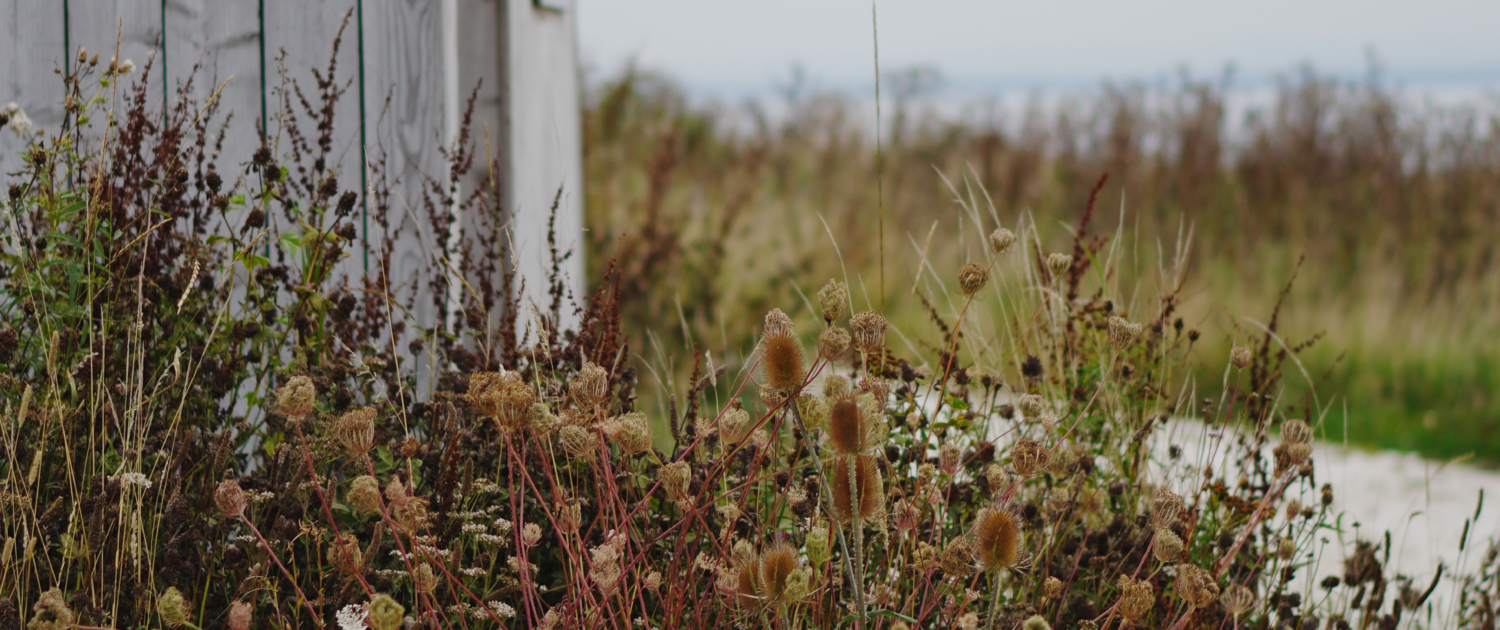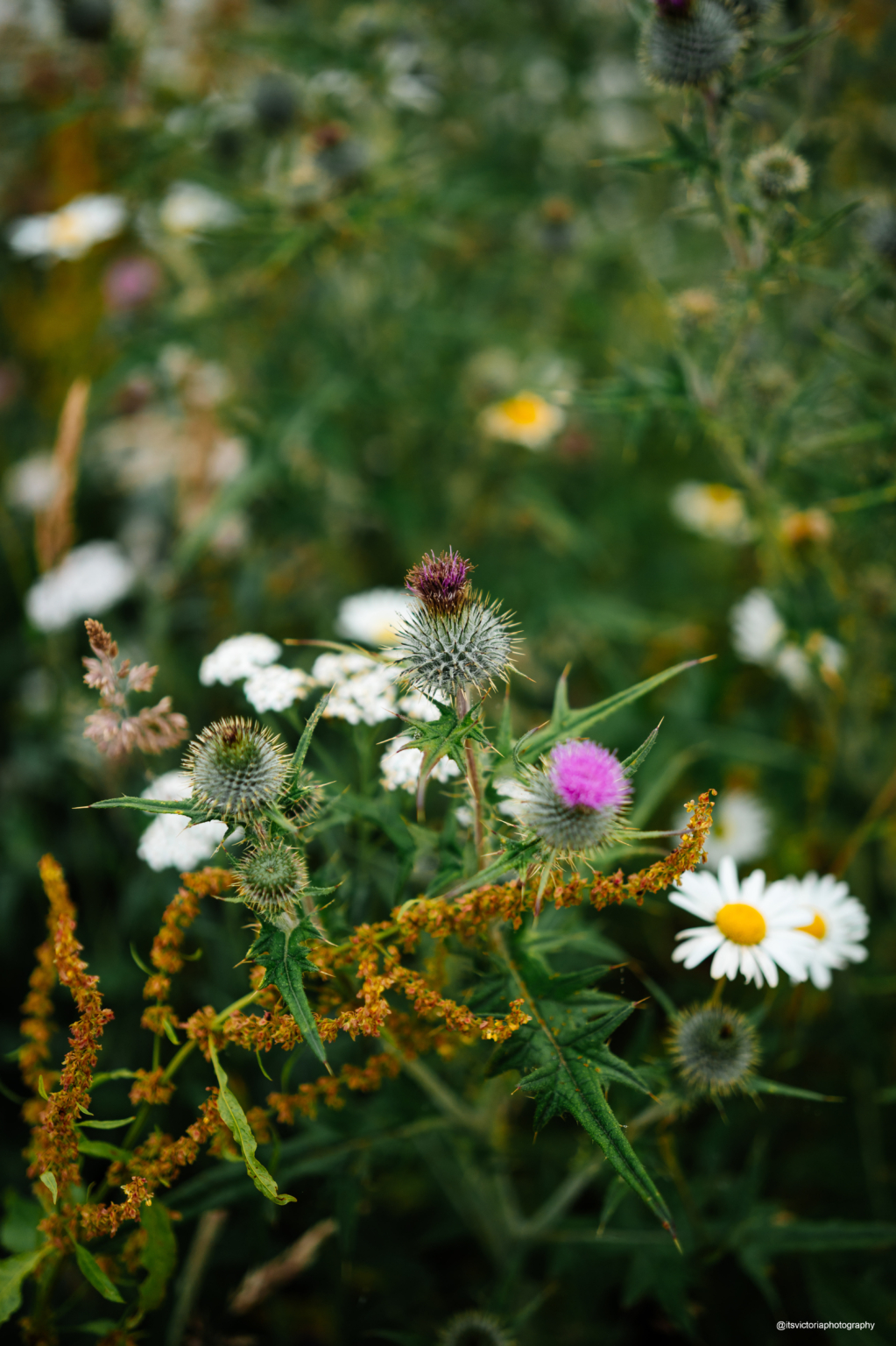Rewilding at Kinkell Byre
Find out about our project to Rewild Kinkell Farm..
By Rewilding Kinkell, we aim to create a new landscape rich in wildlife and biodiversity in the area to the south-east of St Andrews. We believe rewilding is the best nature-based solution to the twin environmental crises of biodiversity loss and climate change.
We have already planted more than 13,000 trees, created 8 ponds and 2 wader scrapes. We have planted over 1.2km of hedgerows and more than 7 acres of wildflower meadows. We have a herd of highland cows on site, whose job it is to look after and manage the land for us, playing a critical role in restoring biodiversity.
We have more plans in the future to deepen the involvement of the local community by providing space for allotments, so people can grow their own food. We also have plans for an educational eco-hub to inspire the younger generation. Ultimately, by using this holistic approach, we hope to inspire other landowners here to build a rewilding corridor that benefits nature and the local community.
Crowdfunder
To support these efforts we have set up a new charity, Rewilding Kinkell (charity number SC052988), and have recently launched a crowdfunding campaign. Any donations will go towards looking after our highland cows and the ongoing costs of caring for our trees, ponds and wildflower meadows. Any additional funds will go towards establishing community allotments and an educational eco-hub for local schools and the community to learn about rewilding, native wildlife and biodiversity. Anything you can do to help would be hugely appreciated.
For more information, read our Rewilding Blog.
You can find out a bit more about our plans from an interview with Sandy & Rory here
There will be opportunities to meet our Highland Cows, head over to our Experience Page to find out more
Following on from our wildly successful Ceilidh For Nature in December 2023 we are now busy planning this year’s event
Thursday 12th December 2024 from 6pm
Come and have welcome drinks from local cider producers, listen to informative talks from inspirational speakers including Mairi Gougeon, enjoy a delicious meal from Wild Rover and then dance the night away with The Haggis Chasers!
Our aim for hosting this type of event is to inspire people to do more for nature, talk with other interested people, learn from the speakers, but mainly to have an amazing and enjoyable night filled with food, drink and dancing!
What is Rewilding?
In its broadest sense, rewilding is concerned with the restoration of ecosystems; healing them, and putting them back together in a better state than they were before. In some cases it also means reintroducing species which have become either extinct or severely threatened.
Rewilding takes a ‘big picture’ approach, aiming to restore the wider natural processes that support life (for example, grazing, flooding and natural woodland regeneration). It complements existing conservation work and those sectors seeking a better way forward for nature.
Meet the Cows!
Coco and Ginger came to live at Kinkell around 10 years ago and in 2024 we added to our Highland Coo family with 5 more! Not only are they here to get in on the wedding photos! But they are here to help with the conservation grazing at Kinkell. They are able to encourage natural regeneration by way of their particular grazing traits.
They help to reduce the prevalence of vigorous plants that out-compete more fragile species; creating microclimates and areas of bare ground through trampling and disturbance. They wrap their tongues around the grass and pull it up in tufts, which creates uneven areas of grass in terms of length and a tussocky finish.
Conservation grazing is now a widespread management method and many conservation bodies regularly use grazers to improve and maintain the sites that they manage for biodiversity.
Check the Experiences page to see when you can come and meet them!









